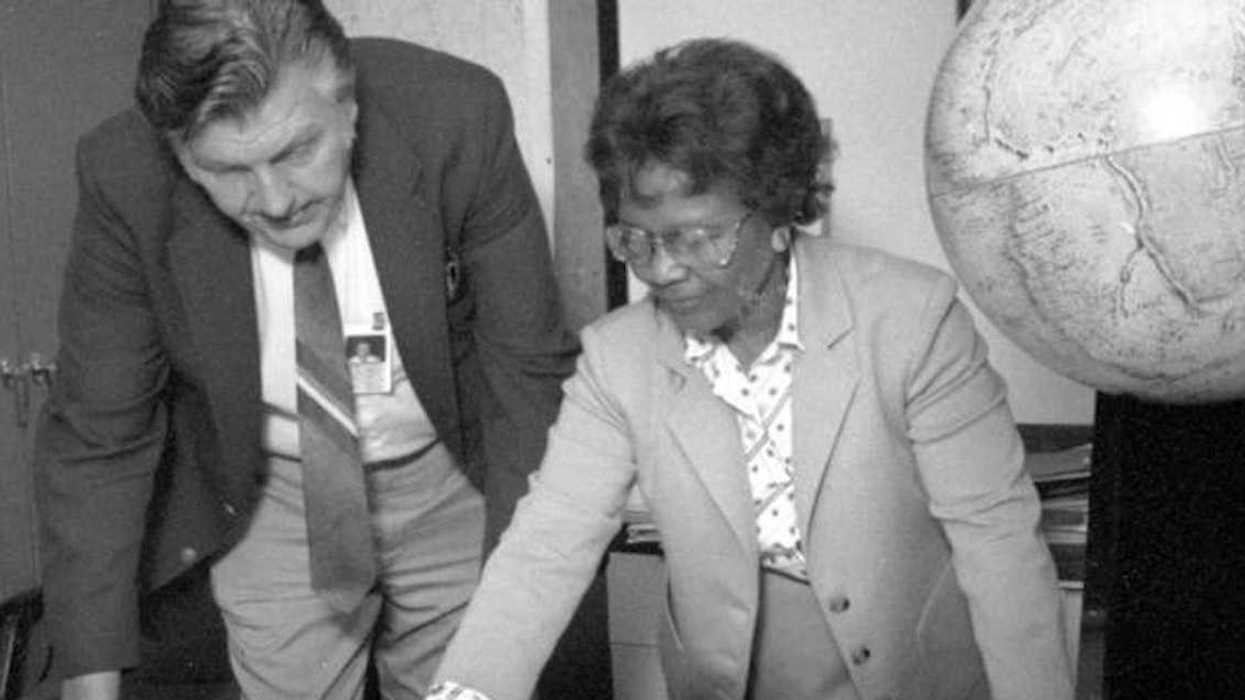A study from last March revealed that 24 percent of Americans felt “extreme stress” last year, compared to 18 percent in 2014. While most people attribute this feeling of being overwhelmed to their jobs, families, and finances—isn’t just an emotional problem. It’s linked to multiple physical issues including: heart disease, obesity, diabetes, and depression. So how can we fight the debilitating effects of stress? According to Susan David, a psychologist at Harvard Medical School, it’s all about asking ourselves the right questions.
When David’s clients tell her they’re feeling stressed she always answers with the same question: What are two other options? She found that after asking this question to her clients they often report disappointment with their careers or uncover other underlying emotions that intensified their stress. We often lump our emotional problems under the big-tent label of “stress” which prevents us from digging deeper to reveal the bigger picture.
This process known as “emotional granularity” or getting super-specific about our emotions, is also supported by psychology professor Lisa Feldman Bennett. Last June, she shared her thoughts on the topic in an article called “Are You in Despair? That’s Good” for The New York Times. “Emotional granularity isn’t just about having a rich vocabulary; it’s about experiencing the world, and yourself, more precisely,” Bennett wrote. “This can make a difference in your life. In fact, there is growing scientific evidence that precisely tailored emotional experiences are good for you, even if those experiences are negative.”
Studies show that people who have greater emotional granularity live longer, healthier lives and are less likely to become ill. Davis believes this type of deeper emotional understanding can also help people’s professionall lives. “There’s so much focus in our world on the external and productivity and time-management,” David said, “but unless we are actually able to cultivate effectiveness internally with our emotions and thoughts around our emotions, we're not going to be able to be effective.”


















 What foods would you pick without diet culture telling you what to do?
What foods would you pick without diet culture telling you what to do?  Flexibility can help you adapt to – and enjoy – different food situations.
Flexibility can help you adapt to – and enjoy – different food situations.
 Revenge can feel easier than forgiveness, which often brings sadness or anxiety.
Revenge can feel easier than forgiveness, which often brings sadness or anxiety. 
 In the past two years, two malaria vaccines have become available for babies starting at 5 months of age.
In the past two years, two malaria vaccines have become available for babies starting at 5 months of age. By exploiting vulnerabilities in the malaria parasite’s defense system, researchers hope to develop a treatment that blocks the parasite from entering cells.
By exploiting vulnerabilities in the malaria parasite’s defense system, researchers hope to develop a treatment that blocks the parasite from entering cells. Created with
Created with 

 Volunteers who drive homeless people to shelters talk with a person from Ukraine in Berlin on Jan. 7, 2026.
Volunteers who drive homeless people to shelters talk with a person from Ukraine in Berlin on Jan. 7, 2026.
 Tasks that stretch your brain just beyond its comfort zone, such as knitting and crocheting, can improve cognitive abilities over your lifespan – and doing them in a group setting brings an additional bonus for overall health.
Tasks that stretch your brain just beyond its comfort zone, such as knitting and crocheting, can improve cognitive abilities over your lifespan – and doing them in a group setting brings an additional bonus for overall health. Overdoing any task, whether it be weight training or sitting at the computer for too long, can overtax the muscles as well as the brain.
Overdoing any task, whether it be weight training or sitting at the computer for too long, can overtax the muscles as well as the brain.